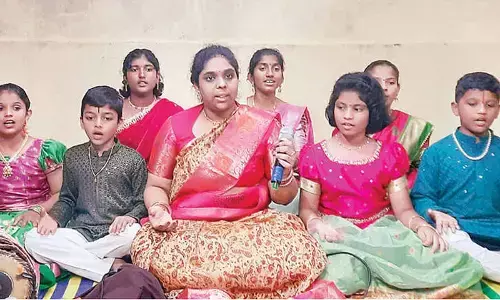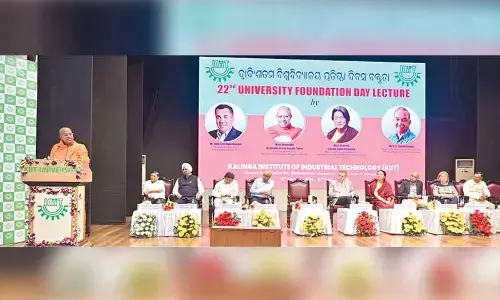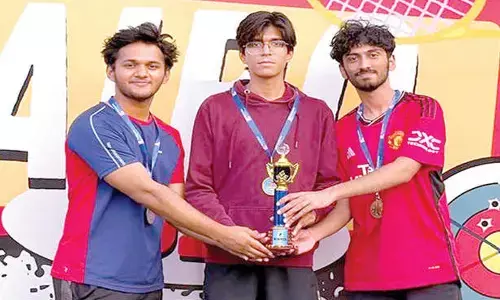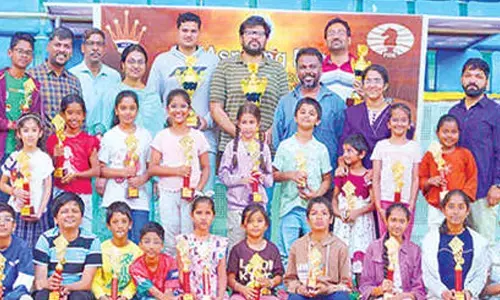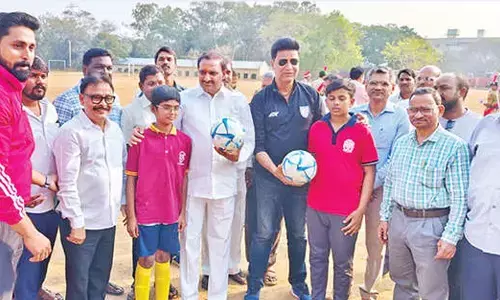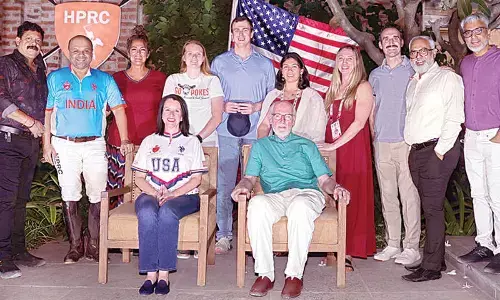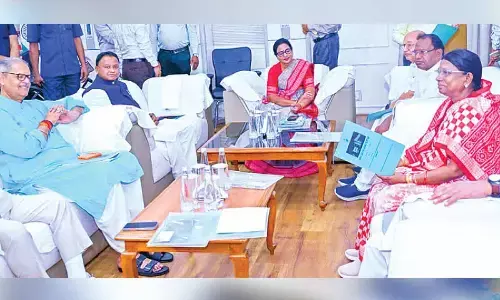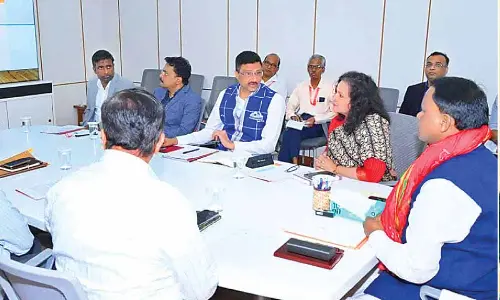Fair Is Foul, and Foul is Fair

A few days ago, the nation watched a debate which took place on a very important subject, but it was in the wrong place and by the wrong people
A few days ago, the nation watched a debate which took place on a very important subject, but it was in the wrong place and by the wrong people. This was about violence and provocation of violence by religions. Very noble assertions were made, and the people were confused about the outcome.
The platforms for honest ideological or religious debates in olden days were the courts of kings in which scholars of rival doctrines debated to know the truth. This avoided friction on the streets. The recent debate was intended to create friction. India had a great tradition of argumentation on several abstract issues such as God. Scholars were experts in elaborate argumentative techniques to present their arguments and evaluate the arguments of the rival debaters. The kings too were trained in those techniques. The idea was to avoid any partiality in decision making. Even so, as Dharmaraja says in the Mahabharata, one intelligent debater could mislead a less intelligent debater and there is no finality in what is right.
There is no issue with what can be physically seen. An object can be physically inspected and the truth about it can be known. Unfortunately, there are issues which are beyond the five senses and the mind and which we presume to exist. People fought over what they could not see. A person would come and say, ‘this is the truth which has been directly received by me from God. This must be accepted by you all’. The personality of such a person was so imposing that some people accepted his version. Another person made a similar claim, and such belief systems inevitably clashed. Such wars killed more people in history than all the natural calamities or epidemics.
Again, human nature is so intricate, it produces both love and hate. A belief system produces unconditional attachment for those who are adherents to that and unconditional hate for those who debate it. ‘Attachment and hate are the two guiding factors in our relations with all objects’, Krishna says in the Gita (3-34). ‘Man cannot make the right decision so long as he is under their control’.
The three witches in Shakespeare’s Macbeth made a statement relevant to modern times – ‘fair is foul, and foul is fair’. The old world had honour and valour. In any war of olden days, one could see who the aggressor was and who the defender was. Truth was written in blood and tears. But the wars between civilizations in the modern world start as the war of narratives and confound the mighty minds. The aggressor can spread a narrative, sell it successfully and the consumers and judges are the people. Quite often, the theatre of war is the media. Several players having an axe to grind advance the narratives of the debaters. The theatre may sometimes be the highest temple of democracy, the parliament. Despite this, the judges are the common folk, gullible and bought by petty rewards, who form opinions (called samskaras in Vedanta). The samskaras build up the knowledge which we call the public opinion. People are the willing fools whose ego is coddled, whose sense of justice is pampered and who become the unwitting soldiers following one narrative or another. The truth of real wars is seen in flesh and blood in front of us and aggressors can be identified. In the wars of narratives, however, we tend to accept some narrative which pleases our ego, or which gives some petty gifts.
Is there no way of knowing the truth? Finding truth is an individual endeavour. We must educate ourselves about the arguments on both sides, not from the present debaters who are guided by raaga and dvesha, but from the original sources. This is what our ancient debaters did. Unfortunately, even our judiciary is afraid to step into the matter, leaving the common man to winds. Educating ourselves is most essential to take the right decision, prevent bloodshed, and save the nation from getting tattered.
(The writer is a former
DGP, Andhra Pradesh)


